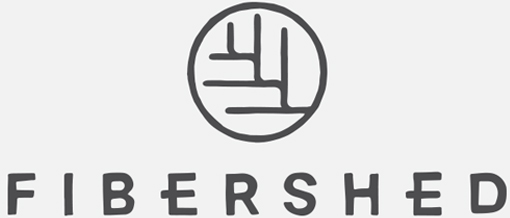Meet the 13 designers who participated in the spring 2024 Borrowed from the Soil Design Exhibition, February 29 – March 4 in Point Reyes Station, California.
Read MoreCategory: Artisans
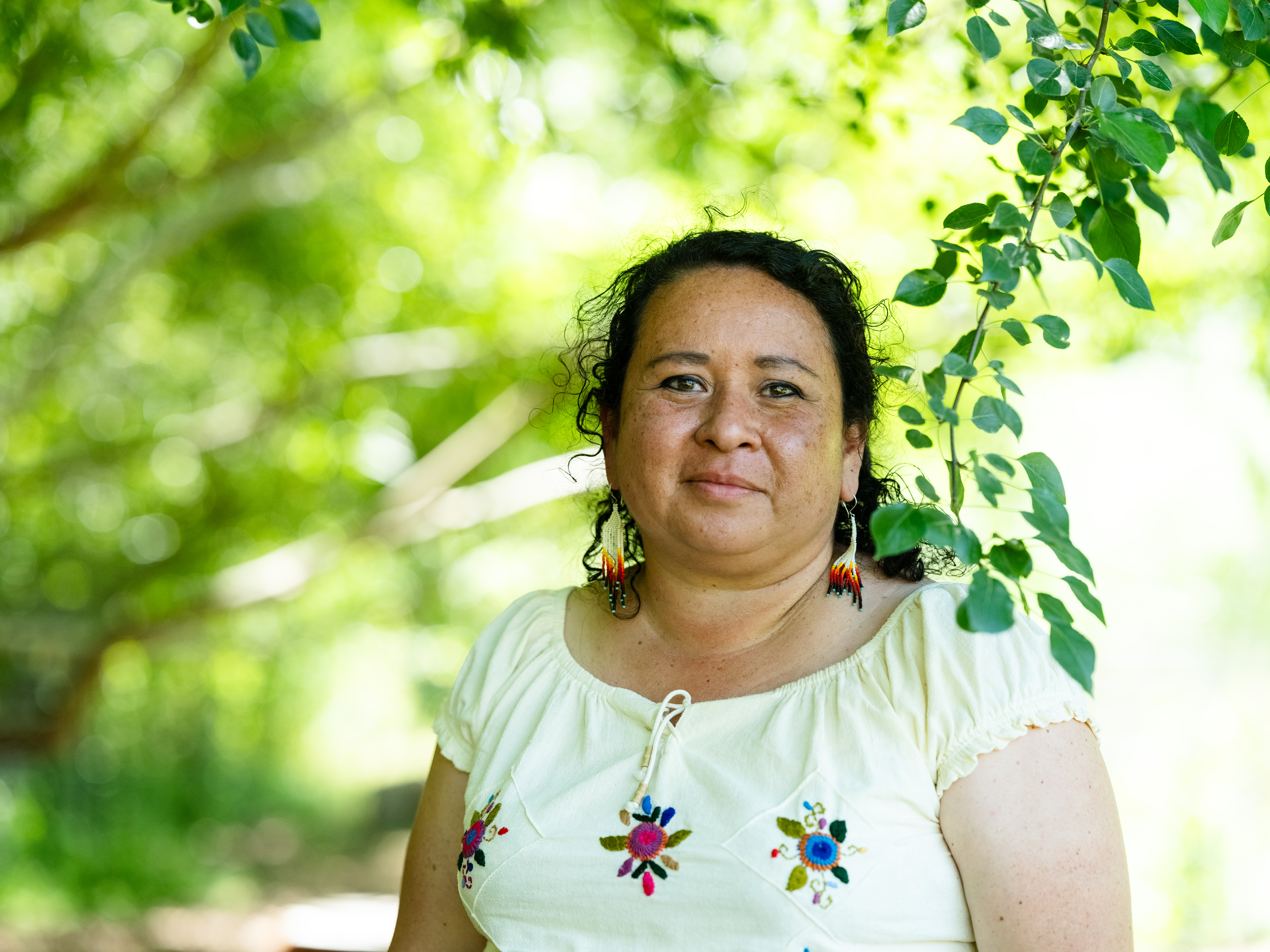
Weaving Lineage in Diaspora
Sari Monroy Solís is a Mayan Kaqchikel and Xicana weaver, teacher, dyer, herbalist-in-training, and Fibershed’s Learning Center Workshop Coordinator, with a decades-long career as an immigration attorney. Sari revitalizes ancestral fiber arts in California and internationally – a journey and practice that started with a family loom and renewing her own connections to craft in her homelands of Guatemala and Mexico.
Read More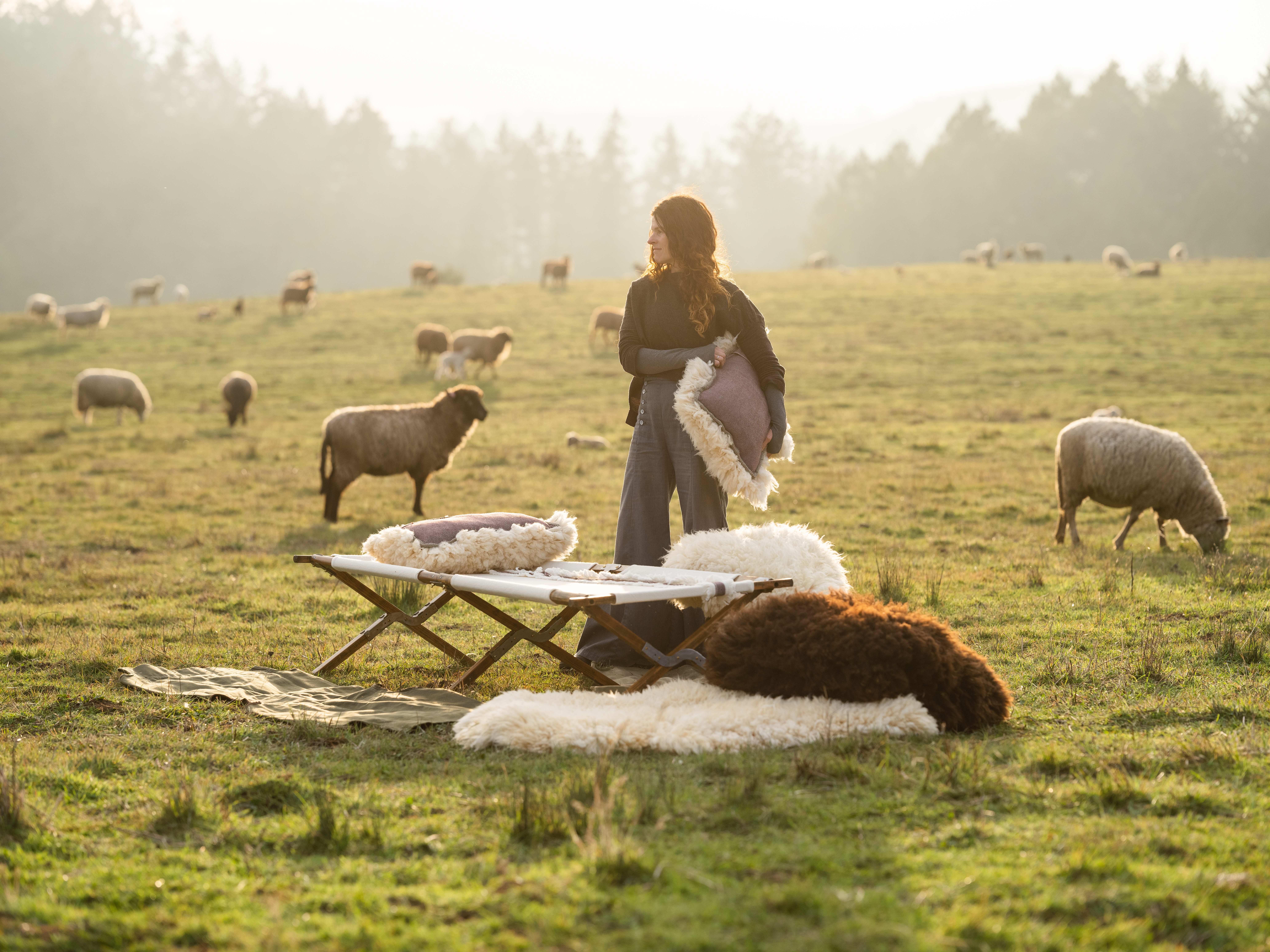
Grange Home Returns the Hand to the Made
Beth Miles is the brains and hands behind her Grange Home line, which is a culmination of and departure from her prior life in apparel design.
Read More
Herderin Begins with the Body and Soul
“What if garment consideration began with asking: Where would you like to be held? Where would you like to have some more support? Feel some weight around your shoulders, or something snug around your low back or abdomen? Could a garment play a role in healing you? Could it feel like wearing a parent’s clothes? What can clothing do for us, emotionally?”
Read More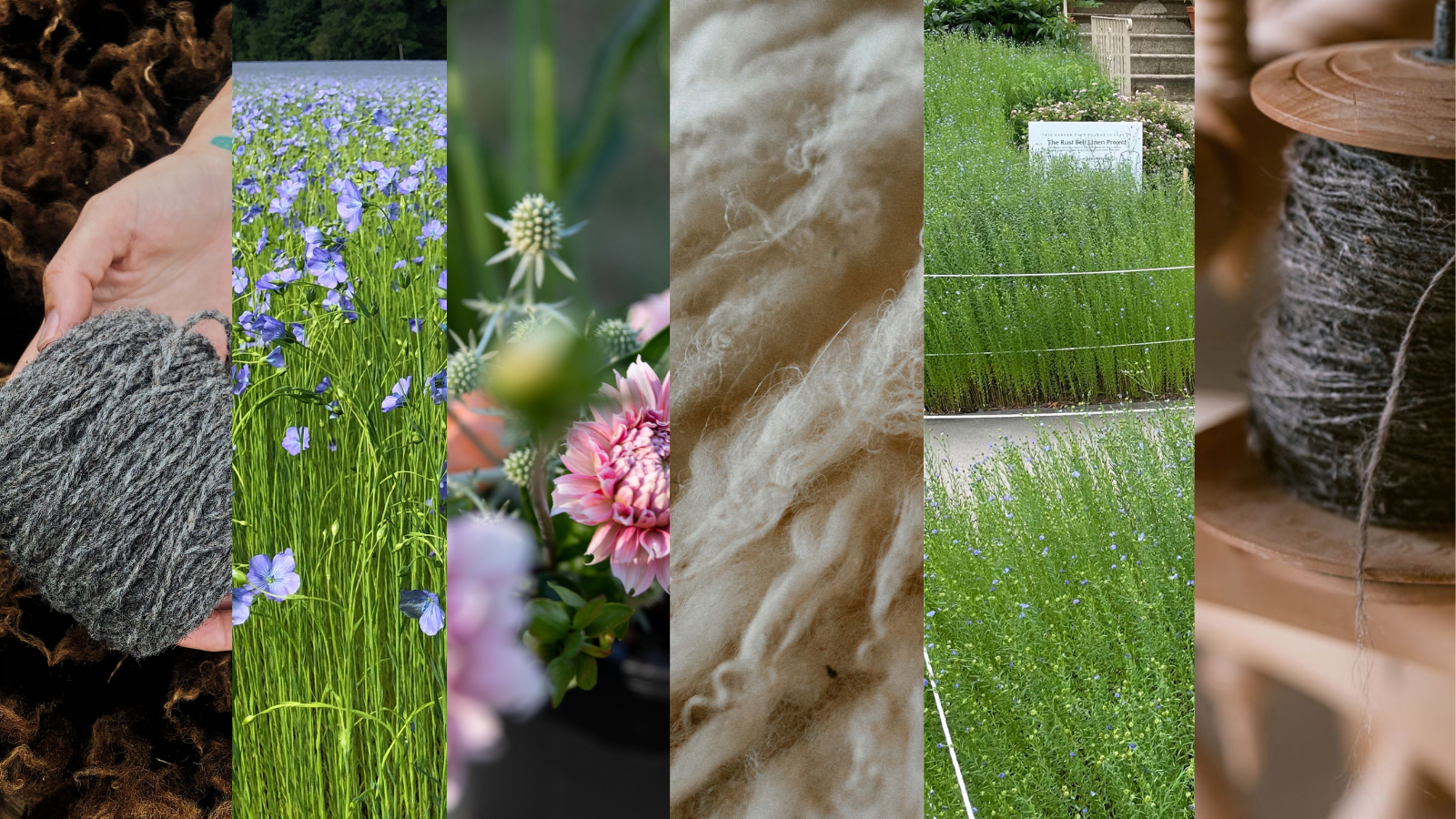
Threading Resilience: Stories from our Fibershed Affiliate Communities
In the first edition of our Threading Resilience zine, we share 19 stories from our Fibershed Affiliates. We are rounding up three of their incredible stories in this article—from the Rust Belt Fibershed, Fibershed DACH, and Fibershed Ireland—to highlight the different geographies, journeys, and wisdom that can be shared from this network.
Read More
This Farm-To-Closet Clothing Brand Started As Solution To A Personal Health Crisis
Danu Organic is a one-woman owned clothing company created by Sarah Danu. The word danu is the name of the earth goddess of Ireland, and Sarah’s company hails both from her heritage as well as to the land from which she walks and sources her clothes.
Read More
A Handmade, Zero-Waste Wardrobe for Mother and Child by Gynna Made
Everything from the materials used to the manufacturing process is sustainable at Gynna Made. Each piece of clothing is made-to-order, essentially creating zero waste. Scraps are used for stuffing, mending or are composted. All designs go through a rigorous six-month wear-and-test period.
Read More
Mills Bring Fiber and Opportunities to Life
This article highlights a critical part of the fiber supply chain: the fiber processors that operate mills. Situated between the producers growing raw natural fibers and the artisans and designers crafting textiles, fiber mills add life to a product. As an intermediary, mill owners and operators get to experience numerous aspects of the life cycle of fibers and textiles. A true labor of love, their work requires a deep understanding of natural fibers’ properties — from sheep’s wool to alpaca to cotton and flax — to create customized products of the highest quality.
Read More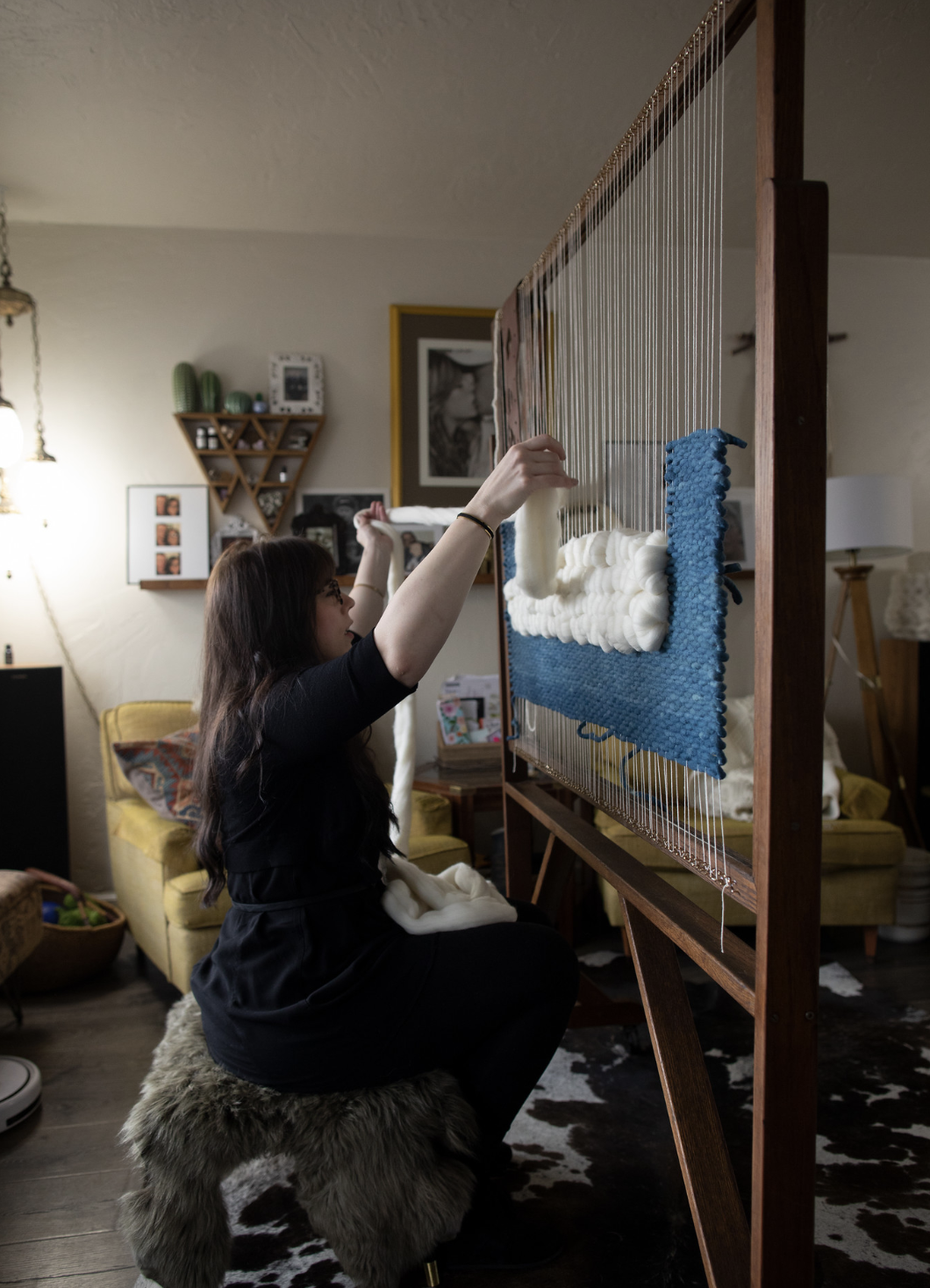
Why Artisans & Designers Should Use Climate Beneficial Fiber in Their Work
Fiber artisans have the opportunity to support soil-regenerating practices and natural fiber producers by being selective about the type of fiber they work with.
Read More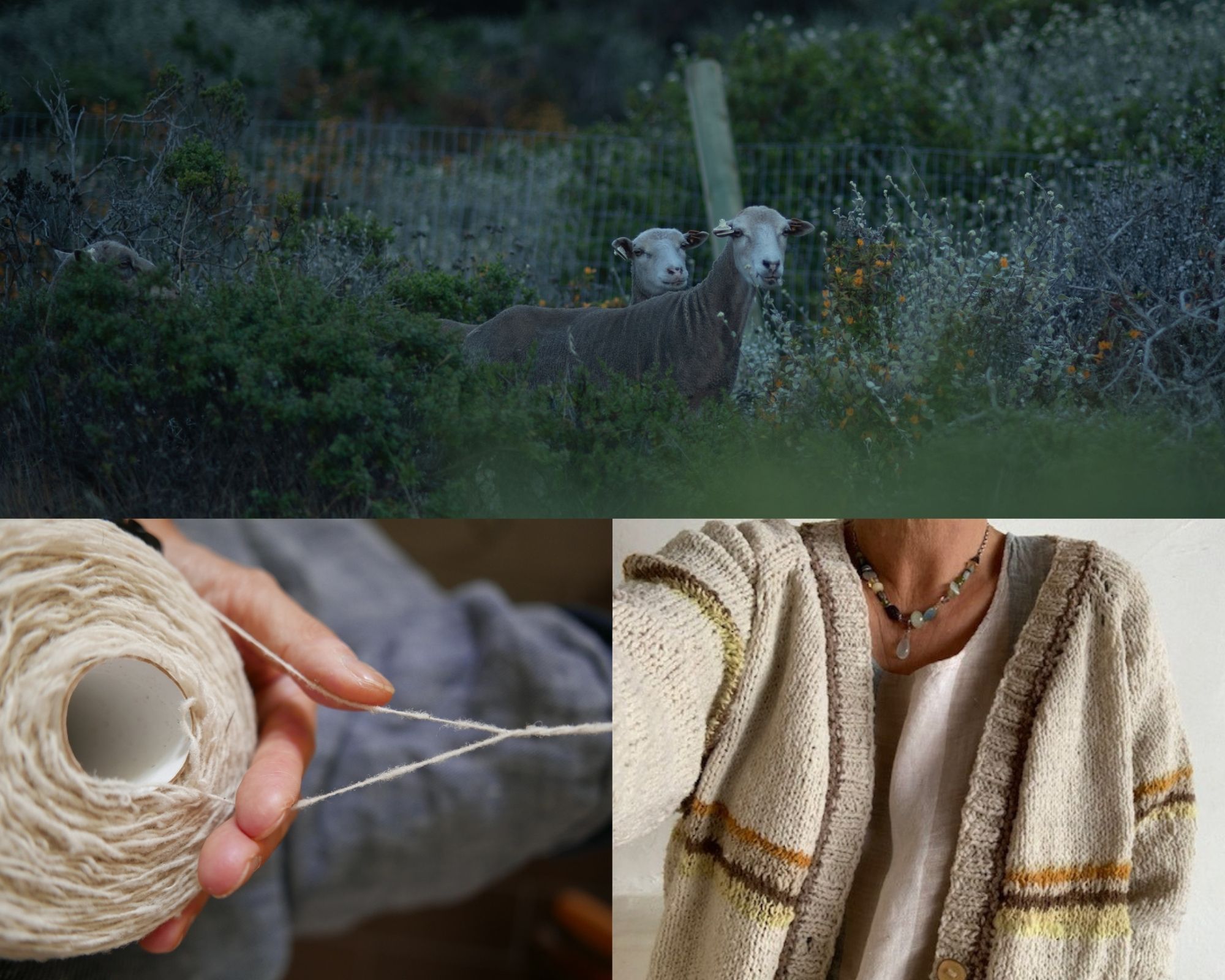
A Story of a Working Sweater: In Collaboration with Sheep, Shepherds, and Artists
The following pieces are written by five Fibershed producer members offering their perspectives on the creation of a community-constructed sweater using Santa Cruz Island sheep wool.
Read More